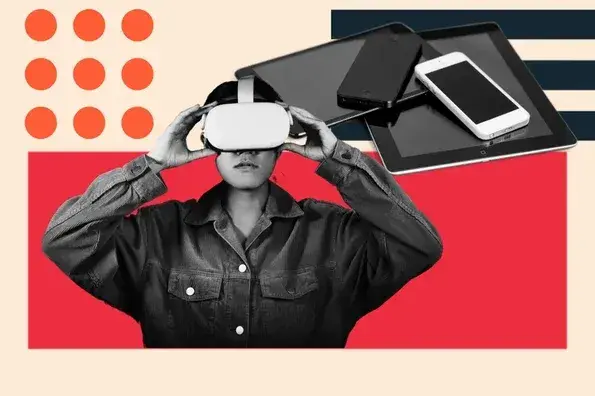Customer Service for Gamers
In a customer service benchmark report by Netomi, 3,000 gaming companies from 75 countries with 43 native languages were surveyed.
In this study, a "customer" emailed customer support for a game recommendation for a child. To analyze responses for relevance and thoroughness, Netomi specifically looked at whether a response included a few key items: game suggestions, explanation of the game, game download link, age restrictions or regulations, CSAT survey, and whether an agent asked specific questions to better tailor recommendations.
This survey found that only 53% of gaming companies worldwide have a readily accessible email address, and of those, 76% ignore a simple customer service email asking for a game recommendation.

Immediately, I can see that one of the main reasons that gaming companies aren't meeting customer expectations is because customers have a hard time reaching out to these companies.
In this study, to measure the performance of a company's email support, Netomi created a Support Performance Index (SPI) which analyzes personalization, answer quality, empathy, and responsiveness.
On a scale of 1-100, 33% of gaming companies were concentrated in the 50-60 range. This means that even those companies that responded to customer email requests, didn't provide high-quality, empathetic, timely responses.
In fact, the average response time from a gaming company was 39 hours. The Asia-Pacific (APAC) region performs the best, with an average response time of 10.3 hours, while companies in Europe, Middle East, and Africa (EMEA) regions responded in 2.4 days, on average.
In those responses, more than 50% of gaming companies that responded to a customer didn't show any empathy.
Of the companies that actually took the time to respond to the email, 12% didn't provide any relevant information, and 33% scored less than 5 points (out of 30 total).
When given the opportunity to drive a potential sale, 50% of gaming companies that responded didn't provide one recommendation. Gaming companies also failed to deliver on effortlessness: only 5% provided a direct download link to a recommended game. Shockingly, only 19% linked directly to the game's web page.
In good news, nearly 4 in 5 gaming companies personalize their email responses. Personalization is a huge way to win email support.
Unsurprisingly, mobile gaming platforms out-performed console gaming companies, responding 1.7X faster than console game providers.
Mobile gaming companies, usually newer than the old school gaming companies, have prioritized the customer experience more so than the legacy companies that got away with providing mediocre support for decades.
So, we've gone over the data. Now, you might be wondering, "What are gaming companies supposed to do to improve the customer service experience?" Let's dig in below.
What Can Gaming Companies Do to Improve the Customer Experience?
As we're learning, gaming companies are falling short of customer service expectations. Current gamers need to adapt, so they use a lot of online forums to troubleshoot customer support issues.
This means they go to online gamer communities to talk to other players and help each other fix an issue. For a gaming company, being active on these forums is incredibly important. Your support team will be up-to-date on the latest issues and glitches, and be able to directly communicate with current players.
It's important that when players have streaming issues, are trying to unlock features, and get account assistance, they have somewhere to go.
Perhaps gaming companies can provide an excellent customer experience by providing in-game support channels, so players don't have to leave their game to get quick, 24/7 support.
However, while that might not be possible yet, gaming companies will need a mix of AI-powered customer support, in-house customer service, and maybe even outsourced customer support. This mixture of support agents will help prioritize help tickets and provide convenient, effortless customer support.
A gaming company could use an online knowledge base, self-service, online chat, phone, email, and social media support.
While it's important to remember that gaming companies are serving a global audience and it's costly to provide good customer support 24/7, an optimal customer experience is one where there are high-quality, meaningful resolutions to customer problems across multiple channels.
The gaming industry, while one of the most popular in the world, can still improve its customer service experience. Gaming companies should, at a minimum, provide easily accessible ways to contact support when players need to.
Customer Experience
.png?width=112&height=112&name=Image%20Hackathon%20%E2%80%93%20Vertical%20(9).png)





![Is The Customer Always Right? [What It Means + Why It Matters]](https://53.fs1.hubspotusercontent-na1.net/hubfs/53/customer-is-always-right-origin-1-20250202-6448090.webp)





